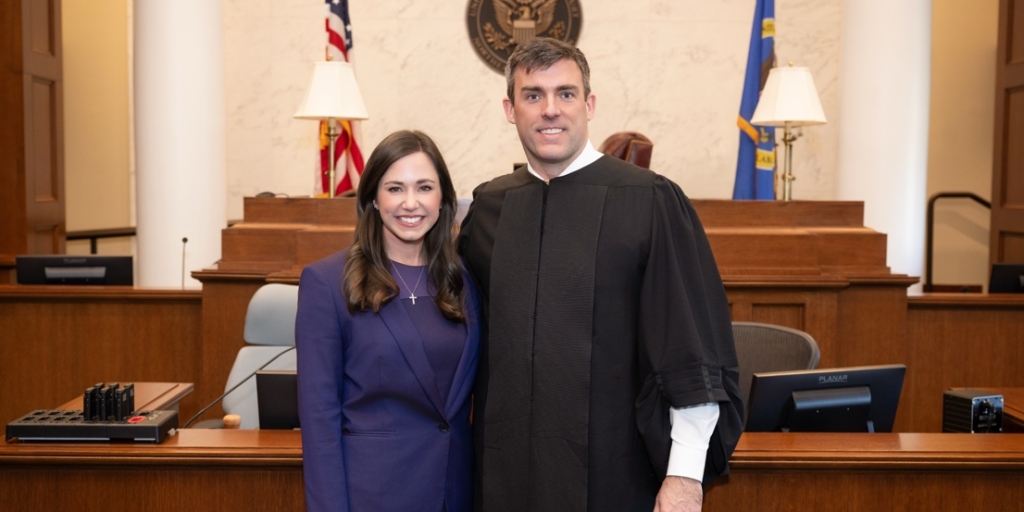MONTGOMERY, Ala. — At 12:15 a.m. today, Alabama put Tommy Arthur, 75, to death after he had previously eluded seven dates when he was scheduled to be executed. Known as the Houdini of Alabama’s death row, Arthur was convicted of murder in 1982.
An Alabama jury convicted him of the murder of Troy Wicker, a riverboat driver from Muscle Shoals. Wicker’s wife, Judy, contracted Arthur to kill her husband for the price of $10,000. At the time, Arther had already been convicted for the death of his sister-in-law in 1977. He confessed to that crime, but he was out of prison on a work-release program.
Arthur had two of his three convictions in the Wicker case reversed. When he finally hit a wall, his team actually asked jurors for the death penalty to give him more appeals.
From 2001 to 2016, courts set seven different execution dates for Arthur, but his pro bono legal team managed to constantly find reprieve. At one point, the U.S. Supreme Court even intervened to stall Alabama’s execution.
“He’s a Houdini,” Janette Grantham, director of the Victims of Crime and Leniency, told Fox News. “He always finds a way to escape.”
But his latest appeal fell short when the U.S. Eleventh Circuit Court of Appeals rejected his argument that lethal injection constitutes a violation of the Constitution’s prohibition against cruel and unusual punishment.
Capital punishment has existed in the United States since the nation’s founding, and 31 states plus the Federal Government utilize the death penalty as of November of 2016. The death penalty was temporarily suspended nationwide from 1972 to 1976 as a result of the case of Furman v. Georgia. There, the implementation of the death penalty was ruled unconstitutional because of disproportionate racial application. It was banned until states could prove it was being applied fairly.
The Supreme Court has never ruled the death penalty itself unconstitutional, although the court has decided that it is cruel and unusual to apply it to those who were under the age of 18 when their crimes were committed.
RELATED: Alabama officially ends practice of judicial override in death penalty cases
Some, including prominent Alabama political officials, point to Arthur’s case to show the flaws that still exist in the criminal justice system. “The case of Thomas Arthur is an egregious example of how a convicted murderer can manipulate the legal system to avoid justice,” Alabama Attorney General Steve Marshall said in a statement. ““Most importantly, tonight, the family of Troy Wicker can begin the long-delayed process of recovery from a painful loss.”
Gov. Kay Ivey (R), who denied a pardon to Arthur, also weighed in on his fate. “No governor covets the responsibility of weighing the merits of life or death; but it is a burden I accept as part of my pledge to uphold the laws of this state. Mr. Arthur was rightfully convicted and sentenced, and tonight, that sentence was rightfully and justly carried out.”
Although he admitted to his 1977 conviction, Arthur never admitted guilt to the murder of Wicker.













